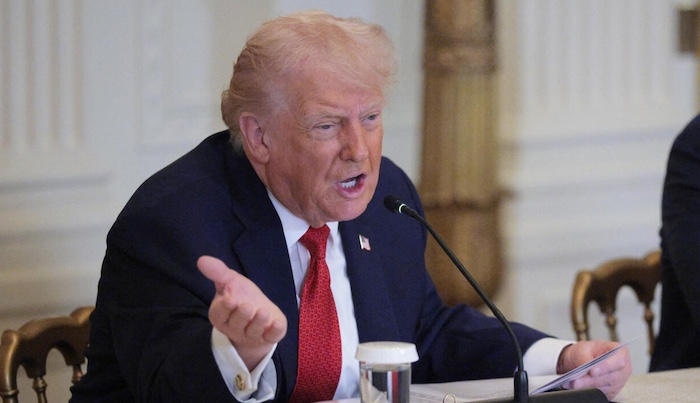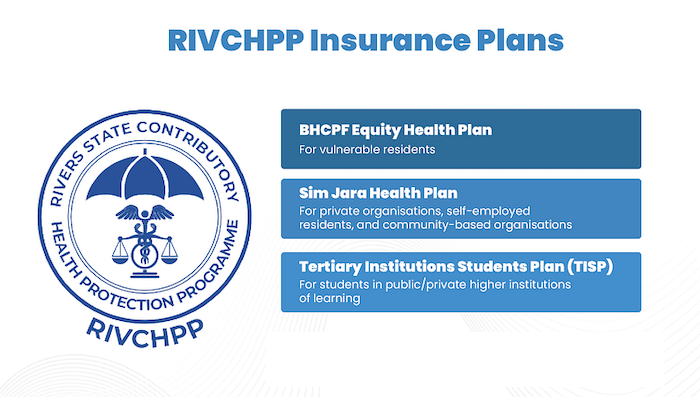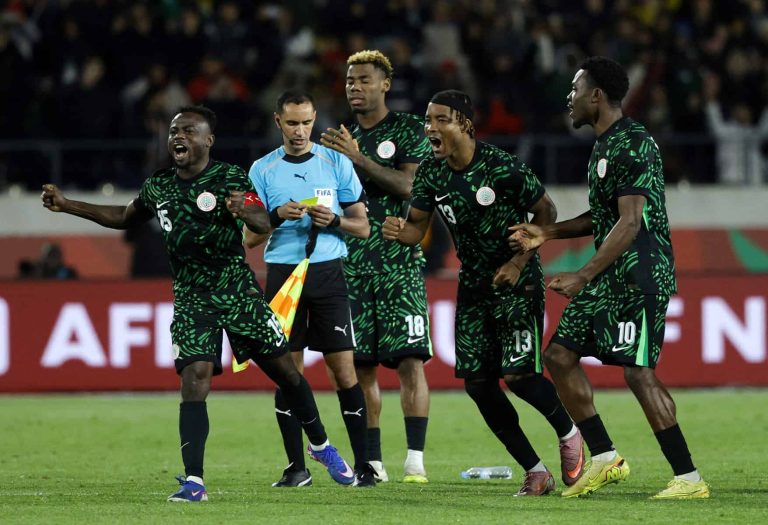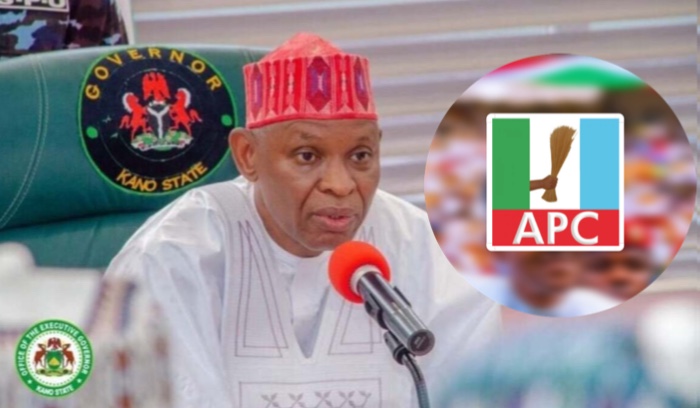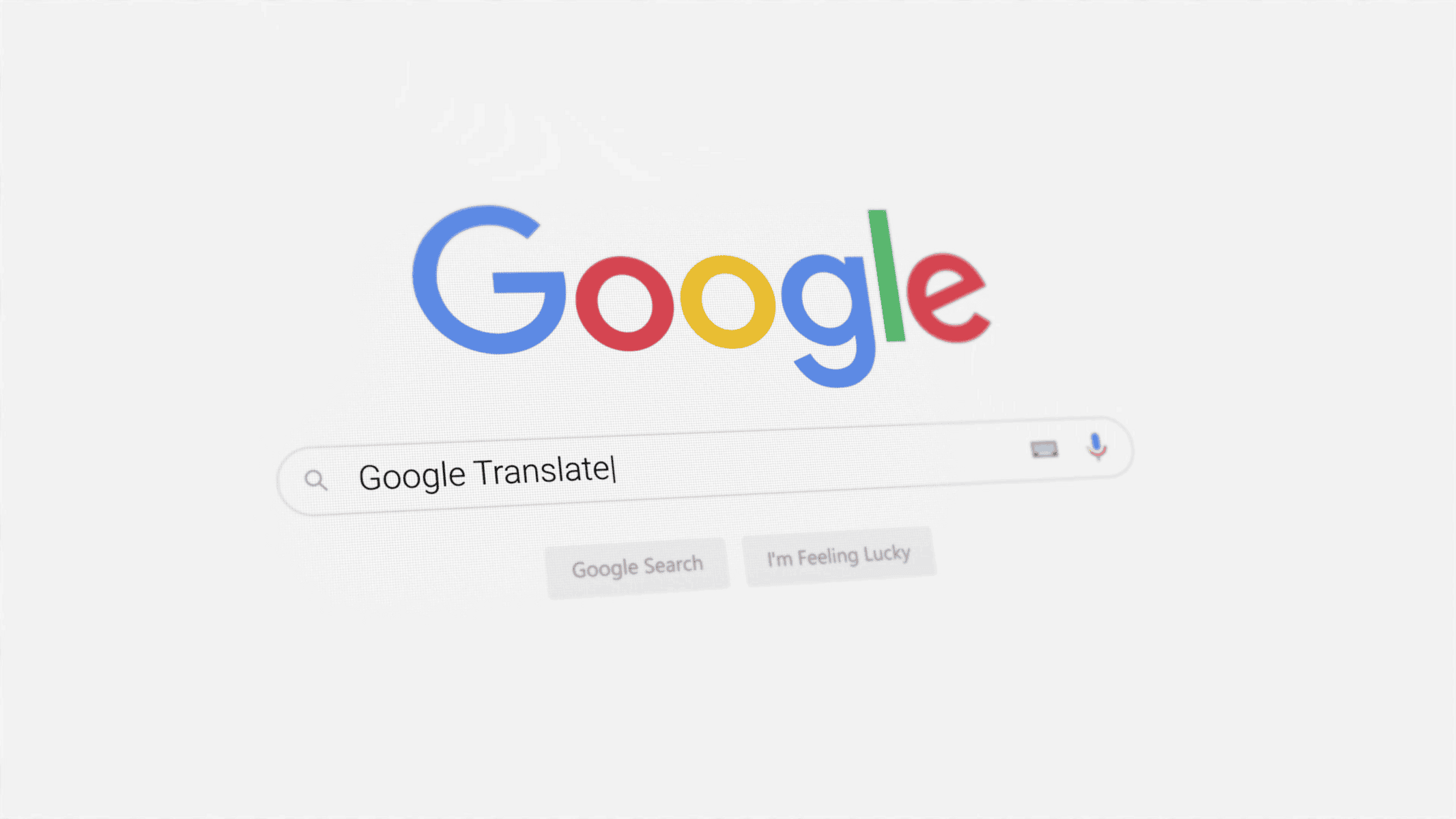
Today marks International Dictionary Day and Google celebrated the day by launching 100 new terms in African launguages
They are calling it the AI glossary and it includes words translated to isiZulu, IsiXhosa and Afrikaans, from English.
This was developed to bridge the gap when it comes to language barriers.
In a digital age where language is constantly evolving, the importance of linguistic freedom and equality has never been more urgent.
Linguistic equality is the goal
The South African Department of Sport, Arts and Culture is taking bold steps to ensure that every South African language is given space and respect in the digital sphere.
As part of this drive, the department is updating the National Human Language Strategy, aiming to build language capability not only within Africa, but also to contribute globally.
Linguistic equality is at the heart of this mission. The department continues to fund the development of language-based digital tools, including apps and AI programs that support the growth and accessibility of indigenous languages.
Ms Lisa Combrinck, a key advocate for the initiative, shared her vision: “I hope that one day, all apps will have built-in multilingual capabilities as a norm, not a luxury.”
Her hope reflects a broader global aspiration for inclusive technology that respects linguistic diversity.
Dr Gerda Odendaal, a lexicographer involved in creating an AI-driven glossary, emphasized the crucial role of community participation in language development.
“This is not just a terminology project; it’s a project for human dignity,” she said.
It is important to get community feedback
Dr Odendaal likened the feedback process to “crowd funding,” where speakers of the language contribute directly to the evolution of digital language tools.
According to her, progress and inclusion must go hand in hand, ensuring that these tools reflect the realities of how people actually use language.
As language remains a “moving target” constantly shifting in usage and meaning the goal is not only to preserve it but also to adapt it to modern contexts.
This includes efforts like transliteration and the incorporation of spoken varieties into formal digital systems.
The initiative reminds us that languages are not static relics; they are living, breathing aspects of identity and culture.
Nelson Mandela once said, “If you talk to a man in a language he understands, that goes to his head. If you talk to him in his language, that goes to his heart.”
This quote captures the spirit of the department’s mission: to bring language to the heart of digital life and empower people through linguistic justice.
Ultimately, the effort to build language capability is not just about technology it’s about preserving the dignity, heritage, and identity of every South African.
As the world moves forward, initiatives like these ensure no voice is left behind.
See the terminology in the Google AI glossary here.
ALSO WATCH: World Drift Day at Red Star Raceway (Pictures & Video)
